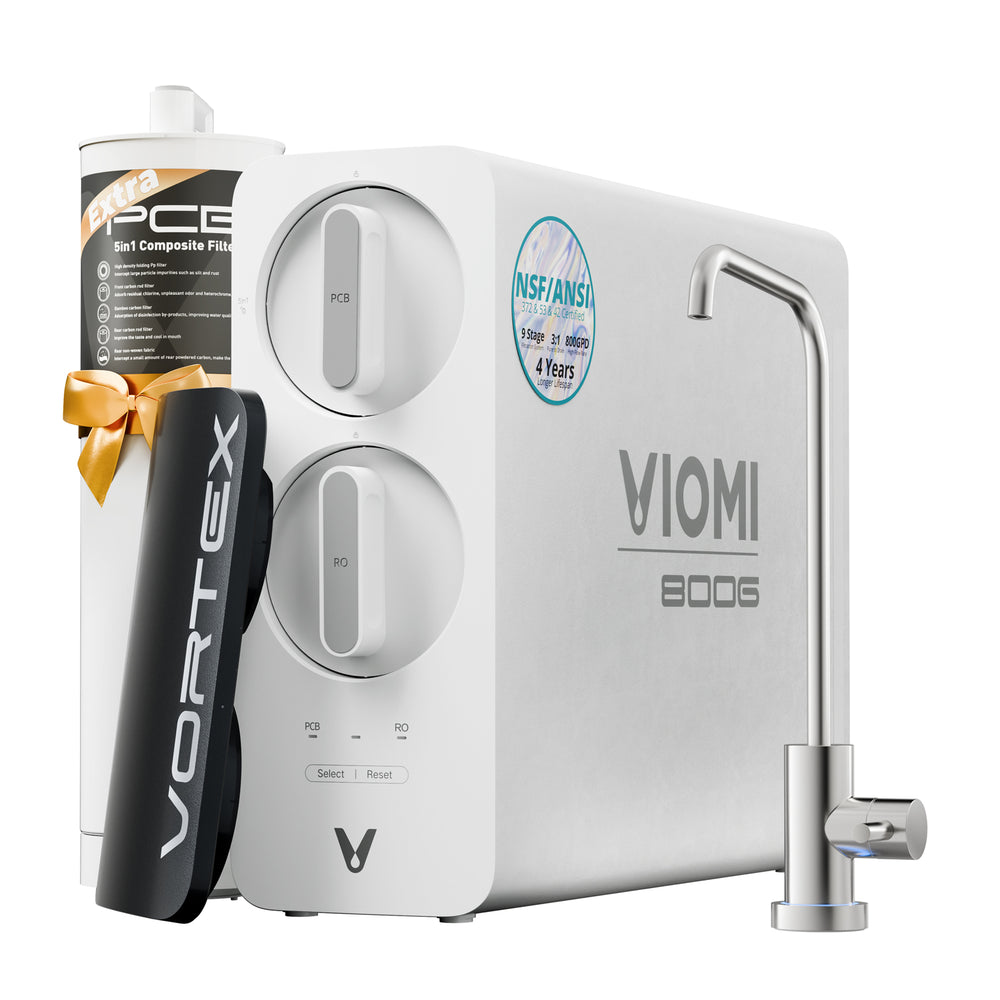Unlock the Secret to Pure Water: Discover the Perfect Home Purificatio
Unlock the Secret to Pure Water: Discover the Perfect Home Purification System Now!
In today's world, access to clean drinking water is more crucial than ever. With increasing concerns over contaminants in tap water—from harmful chemicals to bacteria—many households are turning to drinking water purification systems for home use. These systems not only enhance the taste of water but also provide significant health benefits by removing impurities that can lead to various health issues. The purpose of this article is to compare different types of purification systems available for home use, helping you make an informed decision that ensures you and your family have access to safe, clean water.
Understanding Drinking Water Purification Systems
Drinking water purification systems are designed to remove impurities from water, making it safe for consumption. These systems function by utilizing various methods to filter out contaminants that can be present in municipal or well water. Common contaminants include heavy metals like lead, chlorine, bacteria, and sediment. The necessity for purification arises from the fact that, despite regulations, water supplies may still contain harmful substances that can pose health risks over time. For instance, a friend of mine discovered elevated levels of lead in her tap water during a routine check, which prompted her family to invest in a purification system. This experience underscores the importance of having a reliable water purification solution at home.
Types of Home Water Purification Systems
There are several types of home water purification systems, each with its unique mechanisms and effectiveness. One of the most popular is the reverse osmosis (RO) system, which uses a semi-permeable membrane to remove a wide range of contaminants, including salts and heavy metals. Activated carbon filters are also common; they work by adsorbing impurities and are effective against chlorine, sediment, and volatile organic compounds (VOCs). Ultraviolet (UV) systems utilize UV light to kill bacteria and viruses, making them an excellent choice for those concerned about microbial contamination. Finally, distillation units boil water and then condense the steam back into liquid, effectively removing minerals and many contaminants. Understanding how each system operates and which specific contaminants they target can help you choose the right one for your household.
Factors to Consider When Choosing a Purification System
When selecting a water purification system, several key factors should be taken into account. First, assess the quality of your water supply; testing kits can help identify specific contaminants present in your water. Next, consider the system's capacity: how much water your household consumes daily will dictate the size and flow rate of the system you need. Maintenance requirements are another crucial factor; some systems require regular filter changes or servicing, while others are more low-maintenance. Lastly, evaluate your budget—while some systems may have a higher upfront cost, they could save you money in the long run through reduced bottled water purchases and fewer health issues. Understanding your household's unique needs can guide you towards the right choice.
Comparing Popular Water Purification Methods
To help you assess your options, here's a comparison of the effectiveness, cost, and maintenance associated with the various purification methods. Reverse osmosis systems are highly effective but can be expensive and require regular filter changes. Activated carbon filters are more affordable and easier to maintain but may not remove all types of contaminants. UV systems offer excellent protection against pathogens but do not remove chemical impurities, which may be a drawback for some households. Distillation units are effective for mineral removal but can be slow and consume more energy. By weighing the pros and cons of each type, you can better determine which purification system aligns with your health needs and lifestyle.
Making an Informed Choice for Your Home Water Quality
In summary, choosing the right drinking water purification system for your home is essential for ensuring the health and safety of your family. By understanding the various types of systems available, the factors to consider, and comparing their effectiveness, you can make an informed decision tailored to your specific needs. As water quality continues to be a pressing issue, investing in a reliable purification system is a proactive step towards safeguarding your health. Take the time to evaluate your options, and ensure that you select a system that provides the clean, pure water you deserve.